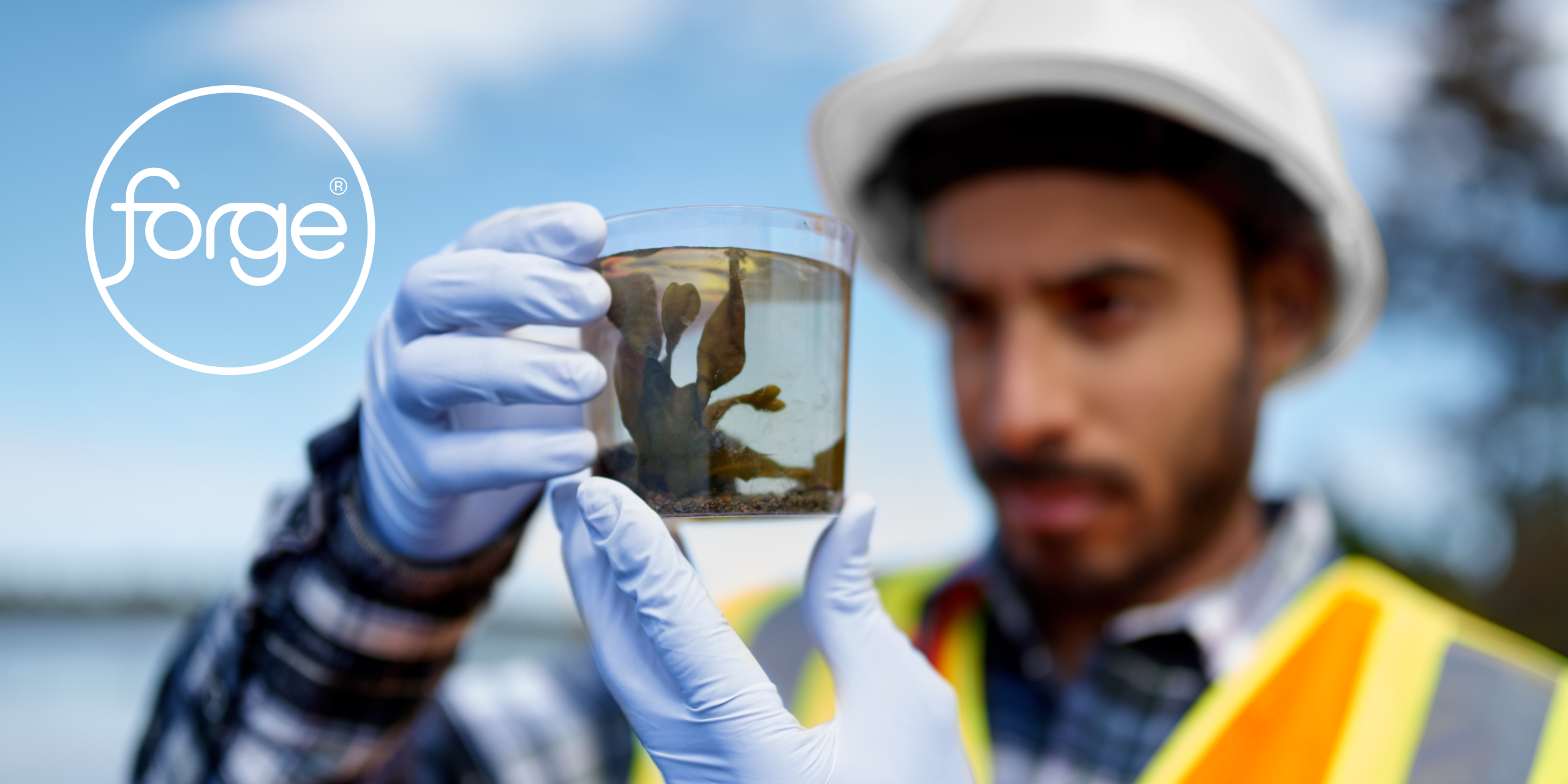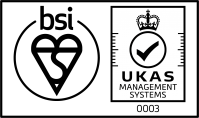
Artificial light on marine life is a growing concern within the lighting industry. Understanding its effects are crucial. This issue will be a key focus during DarkSky International’s Night Matters upcoming lecture. Light pollution negatively impacts marine ecosystems, and raising awareness is essential to finding solutions.
On 18th September, DarkSky International will feature a lecture by Professor Tim Smyth, Head of Science for Marine Biogeochemistry at the Plymouth Marine Laboratory. Professor Smyth leads a team of scientists studying various aspects of ocean environments. This includes projects like the Atlantic Meridional Transect (AMT) and the Western Channel Observatory (WCO). These projects additionally help understand how marine ecosystems change over time.
Furthermore, as the author of the Global Atlas of Artificial Light at Night Under the Sea, Professor Smyth will discuss how light pollution affects marine life. His talk will highlight how artificial light disrupts coral spawning. Coral spawning is essential for reef-building species. He will also explain how light pollution interferes with turtle navigation. Turtles struggle to find the ocean after hatching due to bright lights. Additionally, he will cover how light alters zooplankton migration. This affects the entire marine food chain. The talk will also discuss how light attracts fish and seabirds, changing predator-prey dynamics.
As artificial light from coastal cities, offshore platforms, and ships increases, so does the impact on marine creatures. These sources of light cause widespread disruption. They affect ecosystems in ways we are only beginning to understand, hence, ongoing research led by Professor Smyth is crucial. It helps us learn how to limit light pollution in our oceans.
At Forge, we are committed to reducing the negative impact of artificial light on marine ecosystems. Through sustainable lighting design and responsible manufacturing, we aim to be part of the solution. Learning from experts like Professor Smyth helps guide our efforts, we always strive to contribute to the preservation of marine ecosystems.
For more information on protecting marine environments from light pollution, visit DarkSky International.
Register for the online lecture here: Meeting Registration - Zoom


